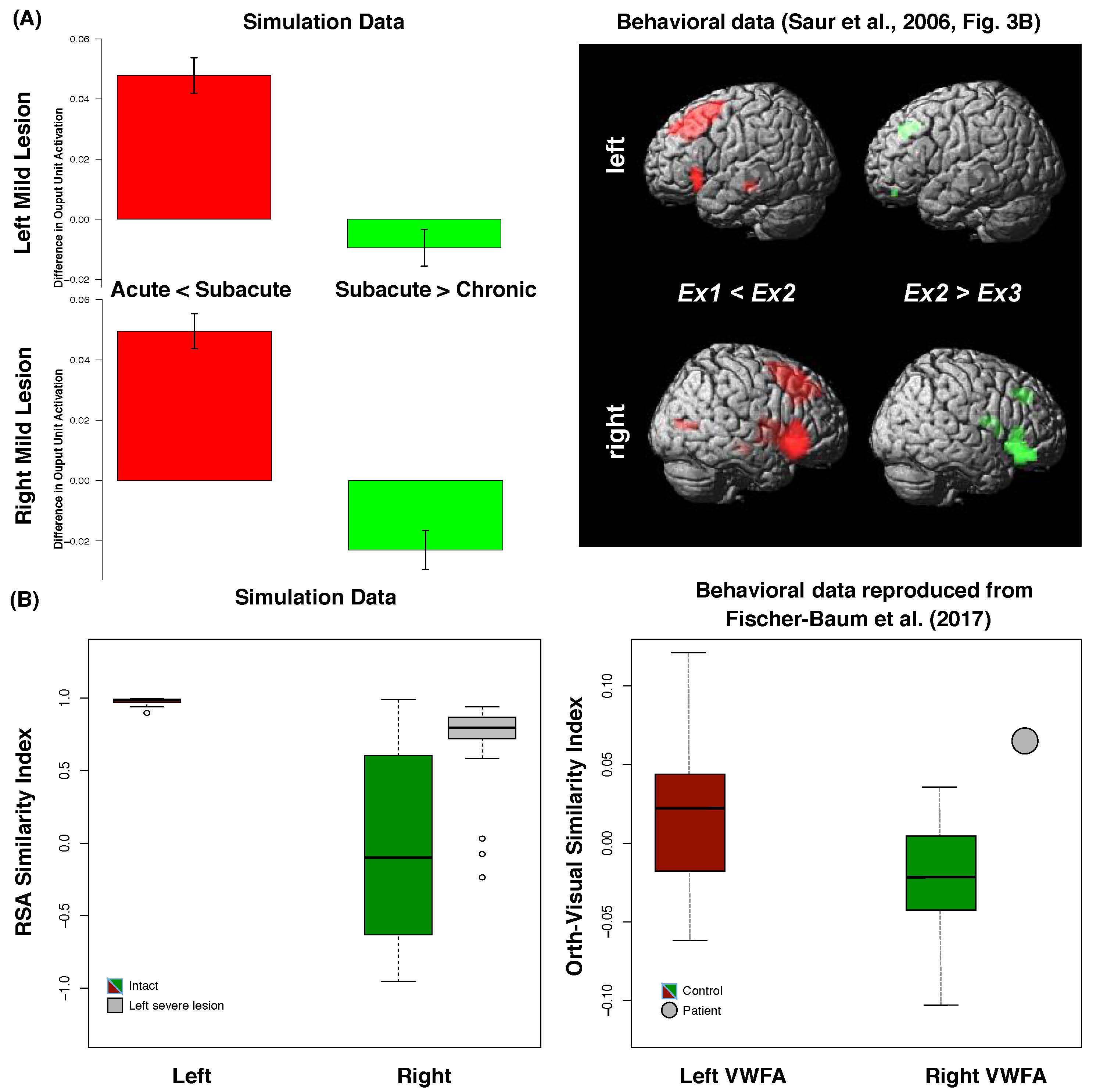Language is a key human ability. When impaired (e.g., after stroke or neurodegeneration), patients are left with significant disability in their professional and everyday lives. These language problems (known as aphasia) are common – around one-third of the 10 million+ patients in the acute phase post stroke. Many patients show some degree of partial recovery of language in the months that follow a stroke. But what changes in the brain allow this to happen?
In this recently accepted PNAS paper, MRC CBU Scientists used a neurocomputational bilateral model of spoken language production to provide a unified explanation for a many different findings from healthy participants and in aphasia after stroke. By providing a new mechanistic account, this model provides a formal basis for understanding the variation of impairment across individual patients and also for considering options for rehabilitation
The full paper can be read here: https://www.pnas.org/content/early/2020/12/02/2010193117

 MRC Cognition and Brain Sciences Unit
MRC Cognition and Brain Sciences Unit


